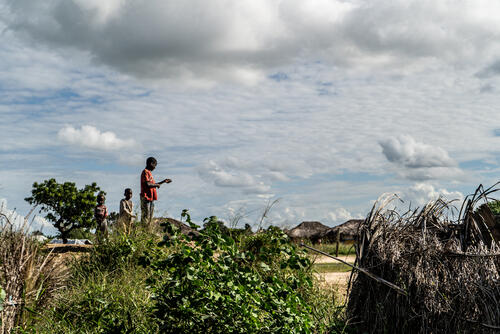Africa

Angola
MSF left Angola at the end of 2018 but continues to monitor the situation, ready to respond in case of new emergencies.
510
children admitted to inpatient feeding programmes1,330
admissions of children to outpatient feeding programmes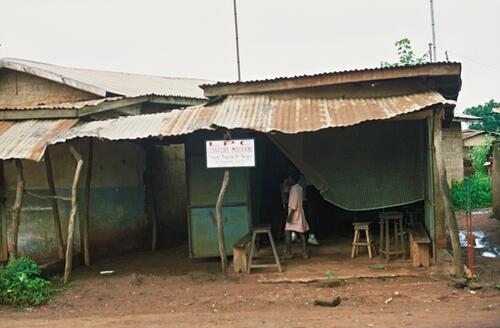
Benin
Learn about MSF's activities in Benin.
2,530
patients admitted to hospital1,540
outpatient consultations830
births assisted, including 190 caesarean sections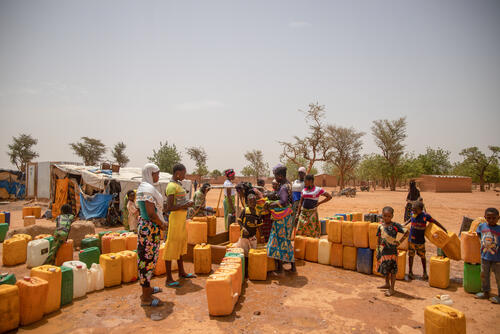
Burkina Faso
Having first worked there in 1995, MSF closed its projects in Burkina Faso in 2015. We returned in October 2017 to support the Ministry of Health during a dengue epidemic.
79.0M
litres of water distributed1,016,400
outpatient consultations380,400
malaria cases treated29,500
patients admitted to hospital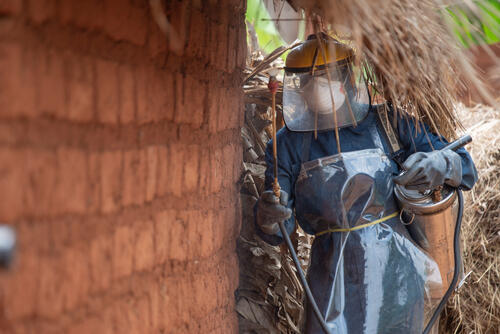
Burundi
MSF provides high-quality care, free of charge, to victims of trauma in Burundi’s capital, Bujumbura.
1,478,200
outpatient consultations571,000
malaria cases treated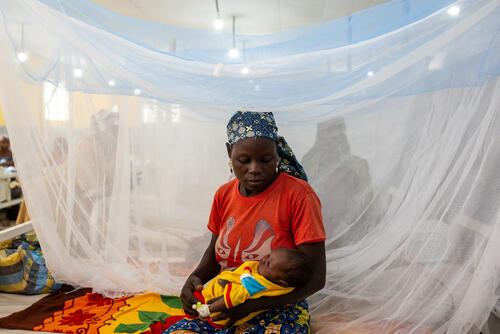
Cameroon
Since 2011, violent attacks by armed opposition groups and the counterinsurgency operations of the Nigerian army have forced hundreds of thousands of people from northeast Nigeria to seek refuge in Cameroon, Chad and Niger.
150,000
outpatient consultations72,500
people vaccinated against cholera in response to an outbreak52,900
malaria cases treated860
surgical interventions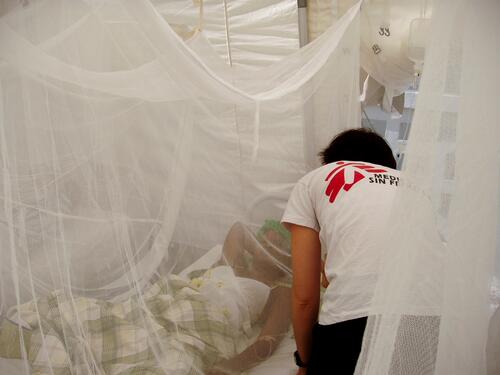
Cape Verde
MSF worked in Cape Verde following a dengue fever outbreak in 2009.
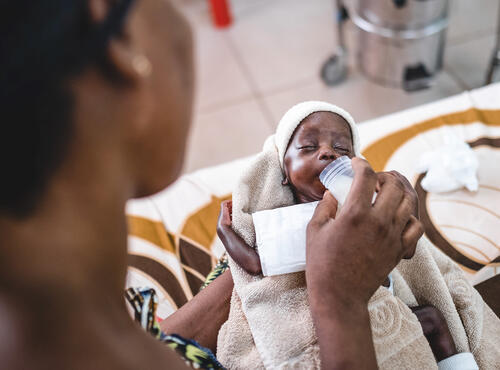
Central African Republic
Learn about our medical humanitarian work in the Central African Republic, where years of intense violence have resulted in thousands being killed or wounded and millions being displaced, severely restricting access to medical care, food, water and shelter.
937,200
outpatient consultations8,960
surgical interventions8,740
people on first-line ARV treatment under MSF care6,220
people treated for sexual violence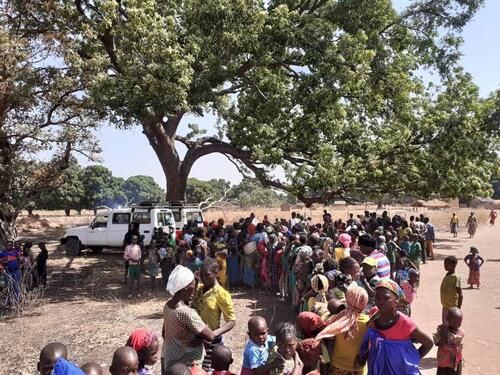
Chad
Since 2015, thousands of people in the Lake Chad region have been forced to flee their homes as a result of violent clashes between armed groups and Chadian military forces.
541,000
people vaccinated against yellow fever411,170
vaccinations against measles in response to an outbreak52,000
admissions of children to outpatient feeding programmes18,400
patients admitted to hospital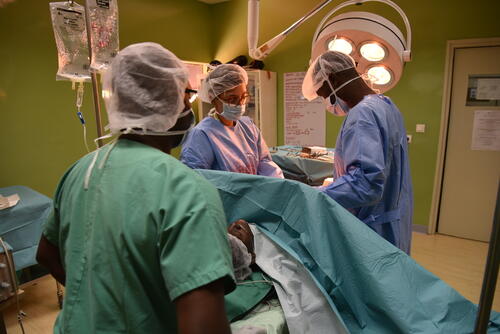
Côte d'Ivoire
The political and military crises of 2002-2010 have taken a severe toll on the Ivorian health system: it is one of the weakest in Africa, with only one medical doctor and five midwives per 10,000 inhabitants.
2,500
individual mental health consultations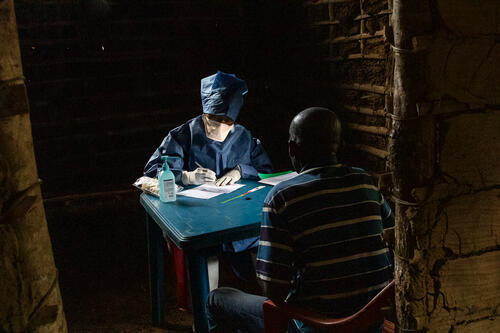
Democratic Republic of Congo
In DRC, MSF runs some of its largest medical relief operations, working in 17 of 26 provinces, responding to diseases outbreaks, conflict and displacement, and tackling health problems such as HIV/AIDs.
2,143,600
vaccinations against measles in response to an outbreak2,116,500
outpatient consultations757,800
malaria cases treated13,600
surgical interventions10,000
people treated for sexual violence1,900
people with advanced HIV under direct MSF care
Djibouti
MSF began work in Djibouti in 1978 and closed our projects in 2012. We currently maintain an operational support base for our Yemen projects in Djibouti city.
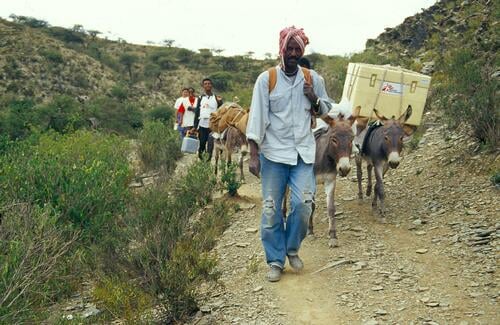
Eritrea
MSF opened its first mission in Eritrea in April 2000, in response to the growing risk of hunger and renewed conflict between Eritrea and its southern neighbor and former ally, Ethiopia.
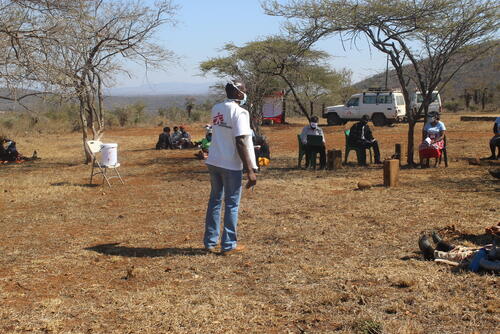
Eswatini
Eswatini has one of the world’s highest rates of HIV, with nearly one in three adults living with the disease. However, around 80 per cent of people with TB in Eswatini are HIV positive.
6,620
vaccinations during preventive campaigns690
patients admitted to hospital140
people with advanced HIV under direct MSF care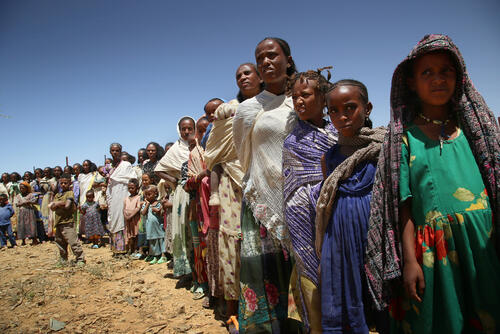
Ethiopia
In Ethiopia, we fill gaps in healthcare and respond to emergencies such as cholera and measles outbreaks. We also assist refugees, asylum seekers and people internally displaced by violence.
163,200
outpatient consultations33,900
malaria cases treated1,910
children admitted to inpatient feeding programmes1,290
births assisted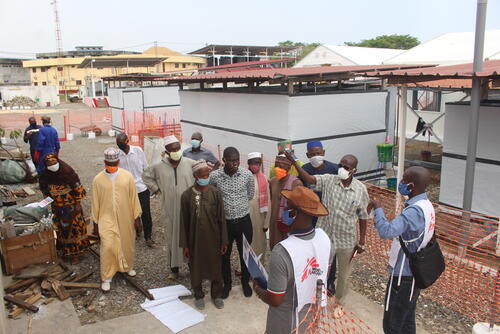
Guinea
In Guinea, MSF teams provide support to people living with HIV and the health needs of children at a community level.
36,400
malaria cases treated14,400
people on first-line ARV treatment in MSF-supported programmes17,600
people treated for measles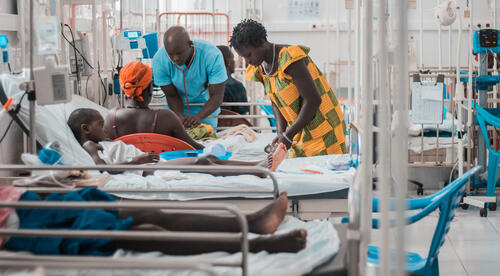
Guinea-Bissau
Guinea-Bissau is among the poorest and least developed countries in the world. Years of political instability and economic stagnation have had a serious impact on its crumbling health system.
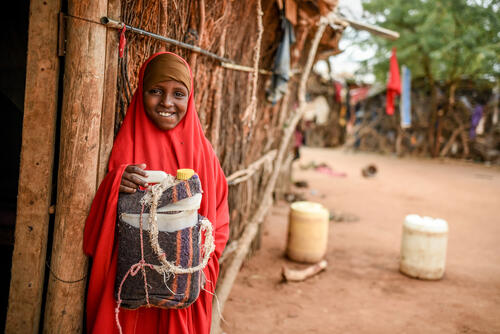
Kenya
We offer care to refugees and slum dwellers in Kenya and respond to public health challenges such as HIV and access to hospital services.
3,460
births assisted including 190 caesarean sections3,420
people treated for sexual violence3,290
individual mental health consultations1,430
people on second line ARV treatment in MSF-supported facilities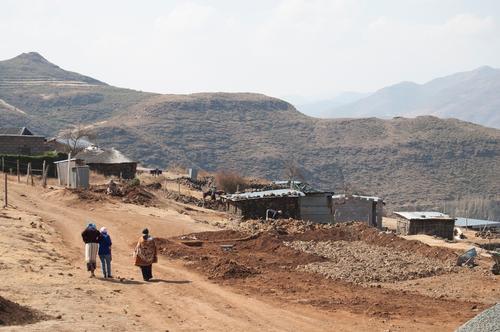
Lesotho
MSF briefly returned to Lesotho in 2021 to respond to COVID-19.
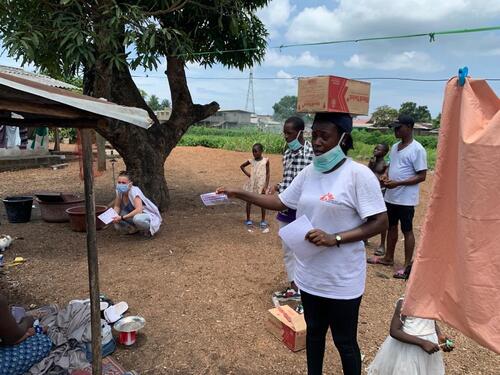
Liberia
Although health services are being progressively restored in Liberia, important gaps persist, notably in specialised paediatric care and mental health.
2,660
children admitted to hospital2,090
people received care for mental health disorders or epilepsy
Madagascar
In October and November 2017, we supported Madagascar’s Ministry of Health staff in tackling an outbreak of plague.
19,700
outpatient consultations9,640
people received food distributions for one month3,330
admissions of children to outpatient feeding programmes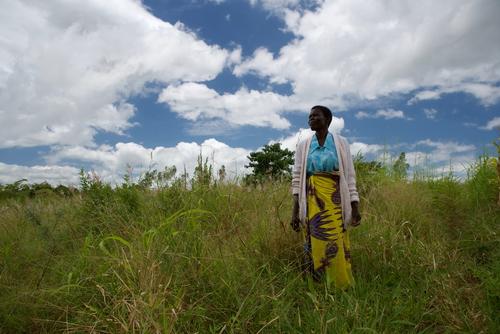
Malawi
Learn about our medical projects in Malawi, where an estimated 980,000 people are living with HIV. We are supporting efforts to combat the virus, while also responding to emergencies such as the devastating floods that hit the country in March 2019.
54,200
outpatient consultations2,030
people treated for cholera460
surgical interventions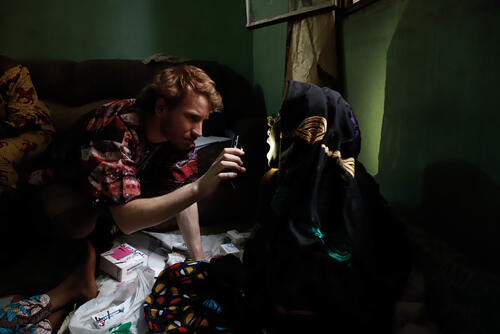
Mali
As violence spirals in Mali, millions are in need of humanitarian assistance.
552,800
outpatient consultations68,000
patients admitted to hospi1,830
surgical interventions900
people treated for intentional physical violence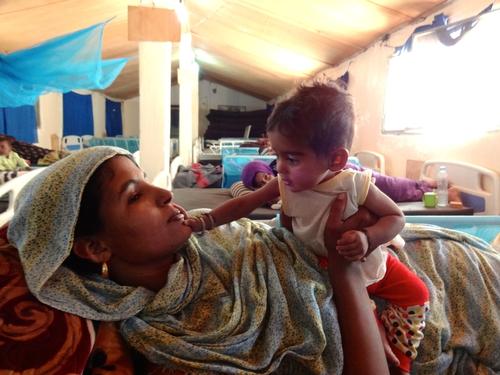
Mauritania
We provide medical care to Malian refugees and host communities in Mauritania, and in the last three months of 2016 saw the biggest influx of refugees since 2013.
